The Loras engineering program engages you in a rigorous, challenging, and comprehensive engineering, mathematics, and science study required to analyze, design, build, test, and operate engineered systems.
Earn your Bachelor of Science in Mechanical Engineering (BS) or your Bachelor of Science in Engineering (BS) with your choice of concentrations: biomedical, computer, electro-mechanical, or general.
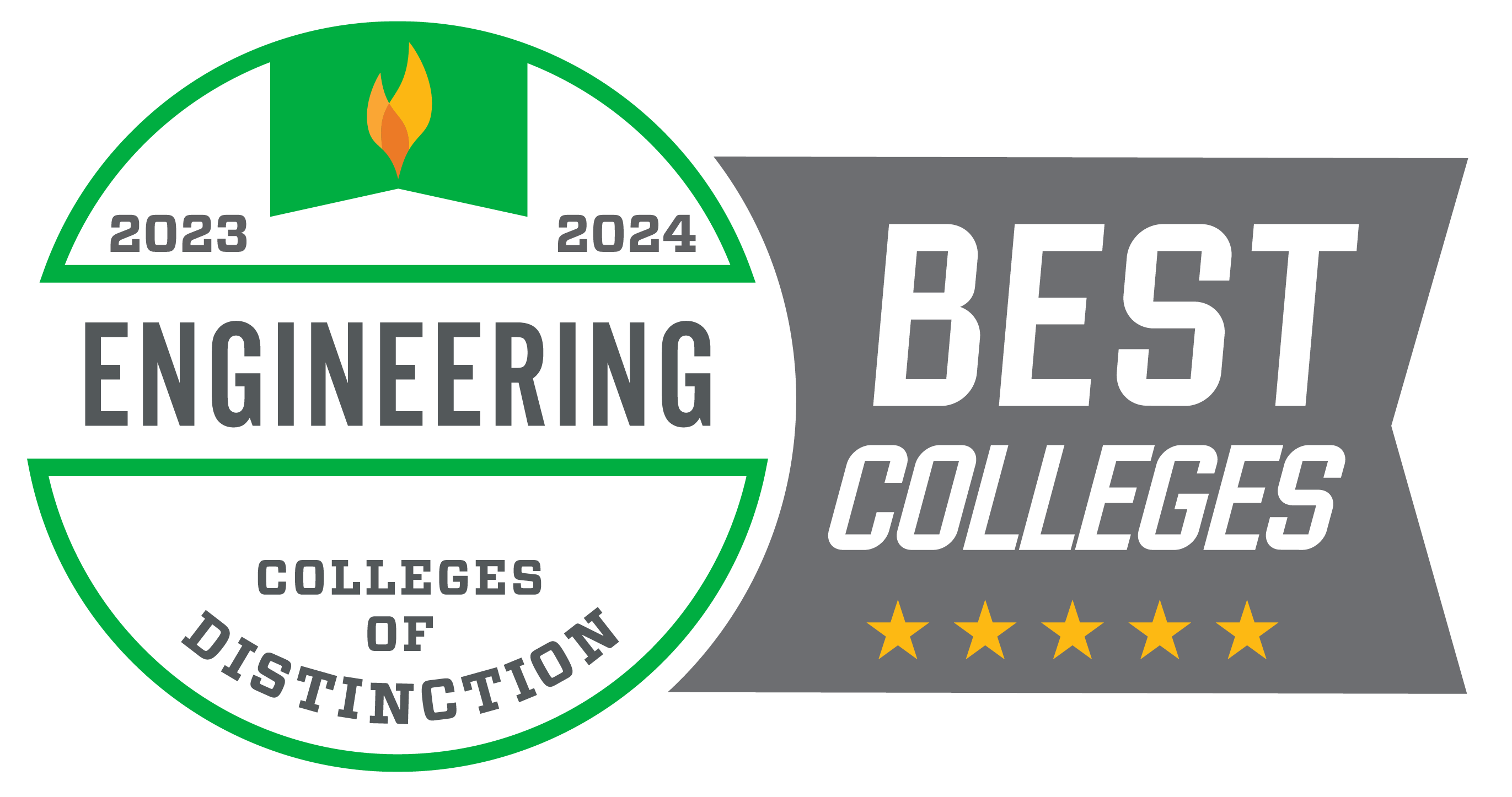
Mechanical Engineering BS
Focus on movement through machine design, theoretically and in the lab, with the Loras mechanical engineering major. Courses include material science, machine design, heat transfer, and more. Explore high-demand career fields like manufacturing, biomedical, automotive, and aerospace.
Engineering BS
All our engineering tracks start with the same course sequence, allowing you to explore your options before deciding on an engineering track.
The Engineering BS program is accredited by the Engineering Accreditation Commission of ABET.
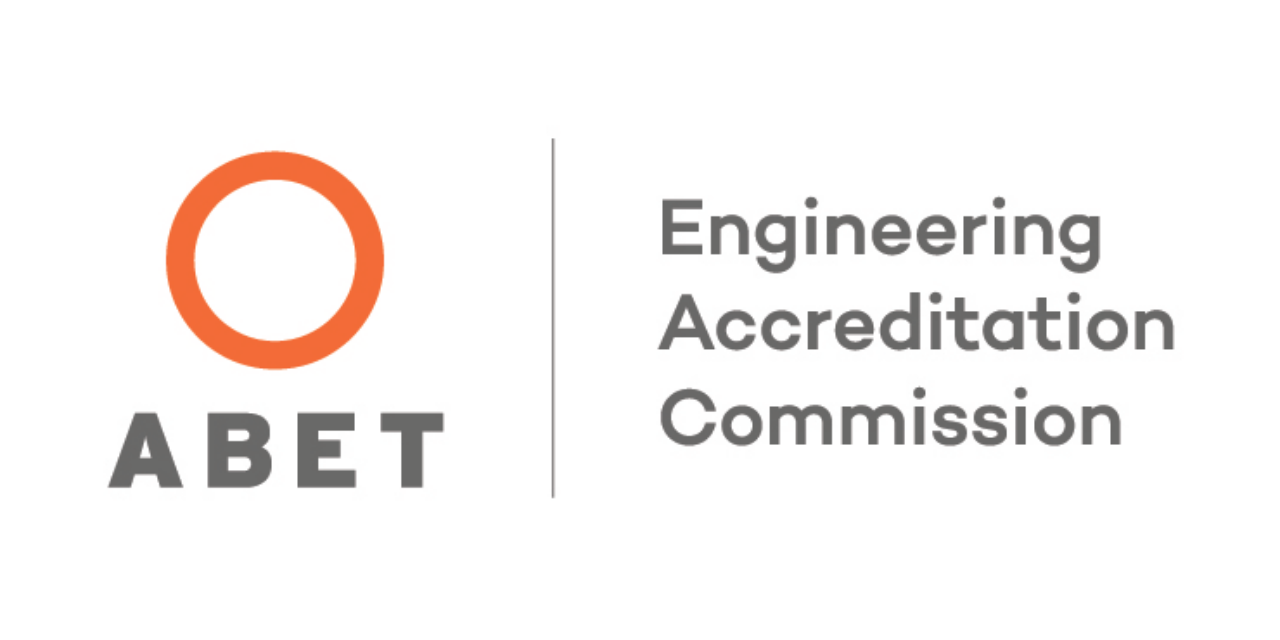
Engineering BS Tracks
Biomedical
Learn to design and test electrical and mechanical systems that interface with biological systems.
Computer
Focus on the development of computer-controlled electrical and mechanical systems.
Electro-mechanical
Emphasize the design, development, and testing of mechanical systems with electronic controls.
Explore Internships & Careers
Internship opportunities offer real-world experiences. You can complete internships for academic credit or non-credit. Many students choose to do both. Here are some examples of companies Loras students interned for:
- John Deere
- REI
- Unison Solutions
- Rockwell-Collins
- Lockheed-Martin
- Zimmer-Biomet
- MechDyne
- RFA
Move on to graduate school or a career in one of these fields:
- Process Engineer
- Medical Doctor
- Systems Engineer
- Manufacturing
- Design Engineer
- Robotics
- Automation
- Quality Engineer
- Financial Analyst
- Patent Attorney
Course Highlights

Experiential Learning / Research
Mississippi Basin Flood Modeling is a NASA funded project where you monitor and model flooding of the Mississippi River.
Composite Material Modeling is a NASA funded project where you will model particles suspended in a matrix, like solid rocket propellant.
Baja SAE is a Student project where you will design, build, and race a baja car at collegiate competitions across the country.
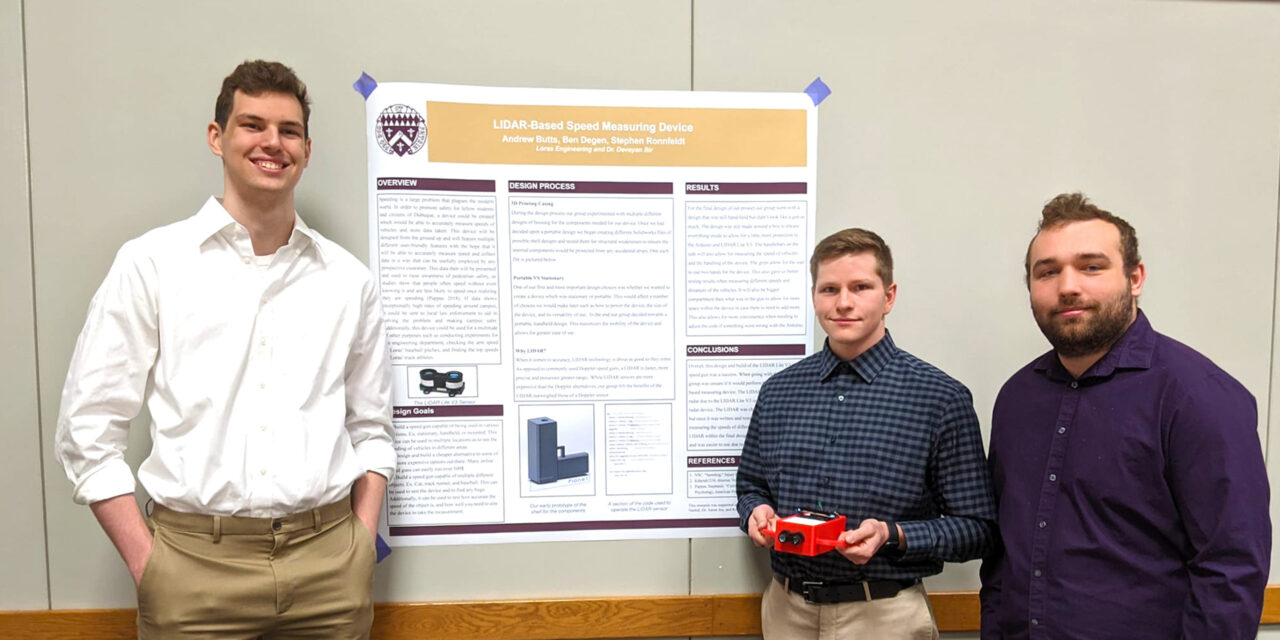
Clubs & Orgs
We have a variety of opportunities for you to get involved from the moment you set foot on campus.
Association for Computing Machinery
Duhawk Racing
Society of Automotive Engineers (SAE)
Engineering & Physics Club
Planetarium Club
Society of Women in Engineering (SWE)
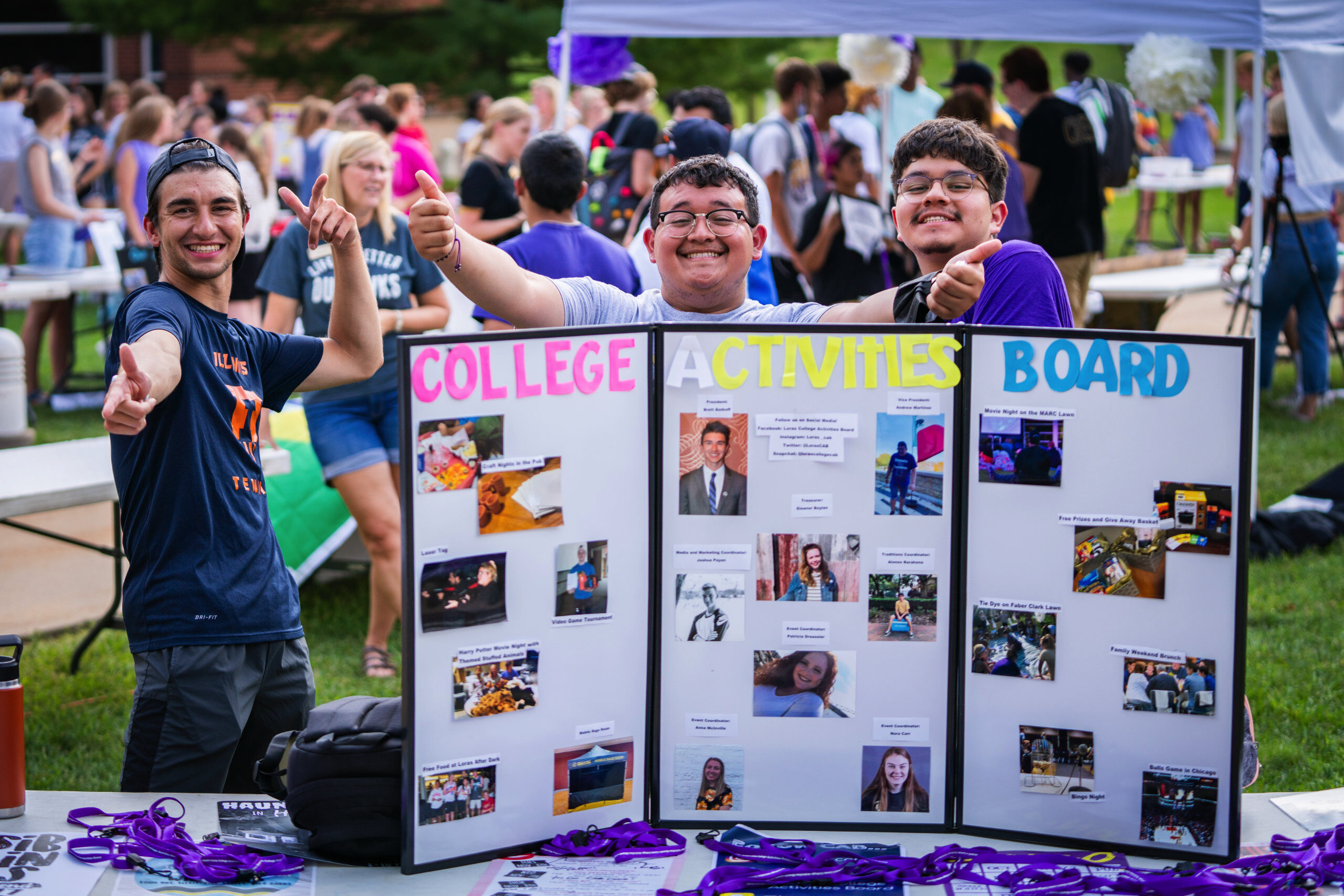
Straight Talk from a Duhawk
I really liked the campus size and the engineering program was accredited. I have enjoyed the close connection I have with all of my professors. The small class sizes create a great environment to ask questions and learn topics in unique ways.
— Sara (’24)
Meet Your Professors
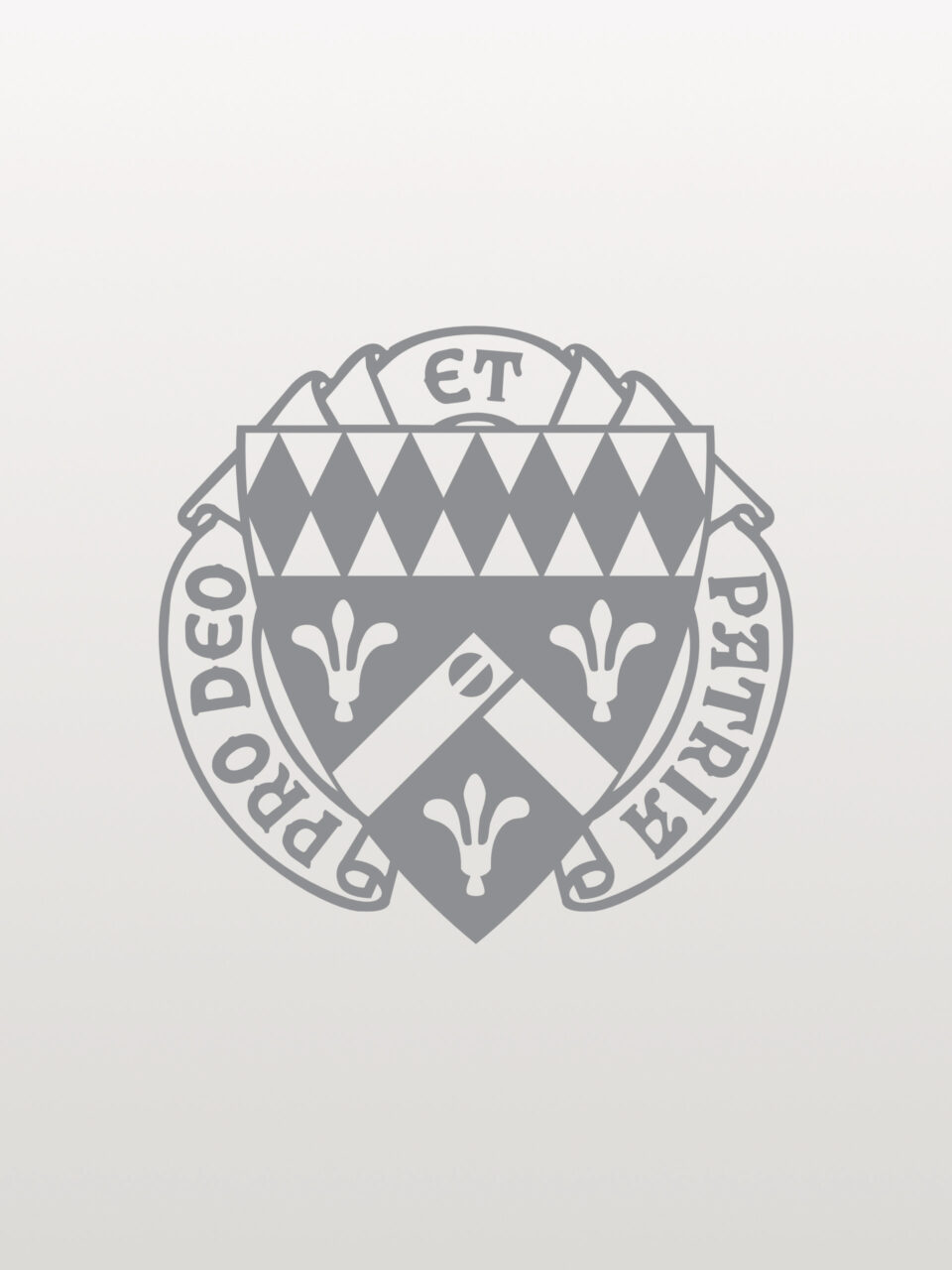
Devayan Bir PhD
Assistant Professor of Engineering and Computer Science
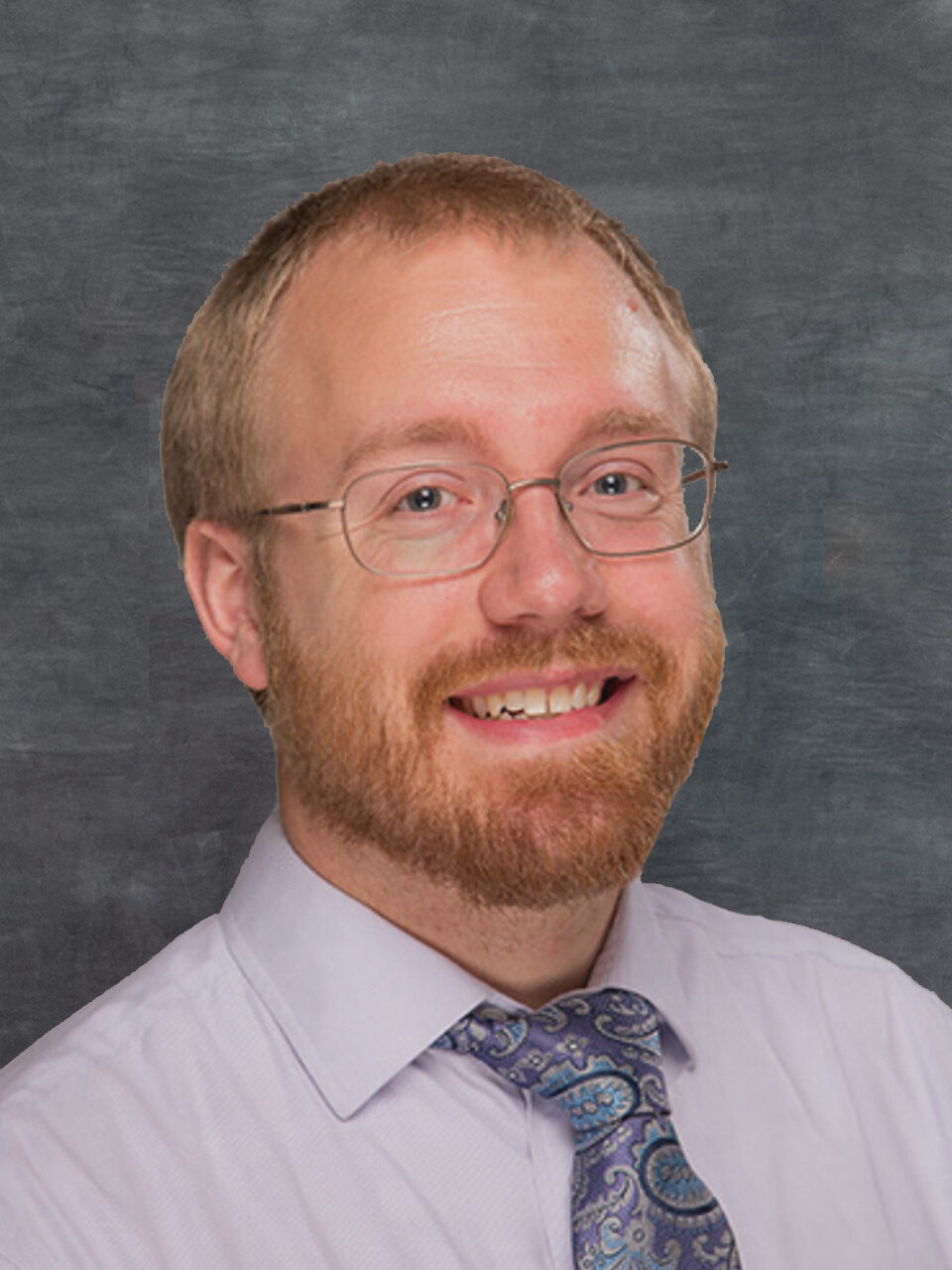
Aaron Joy PhD
Assistant Professor of Mechanical Engineering

Kenneth McLaughlin PhD
Professor of Physics and Engineering
Heitkamp Planetarium Director

Danial Neebel PhD PE
Professor Emeritus of Engineering and Computer Science
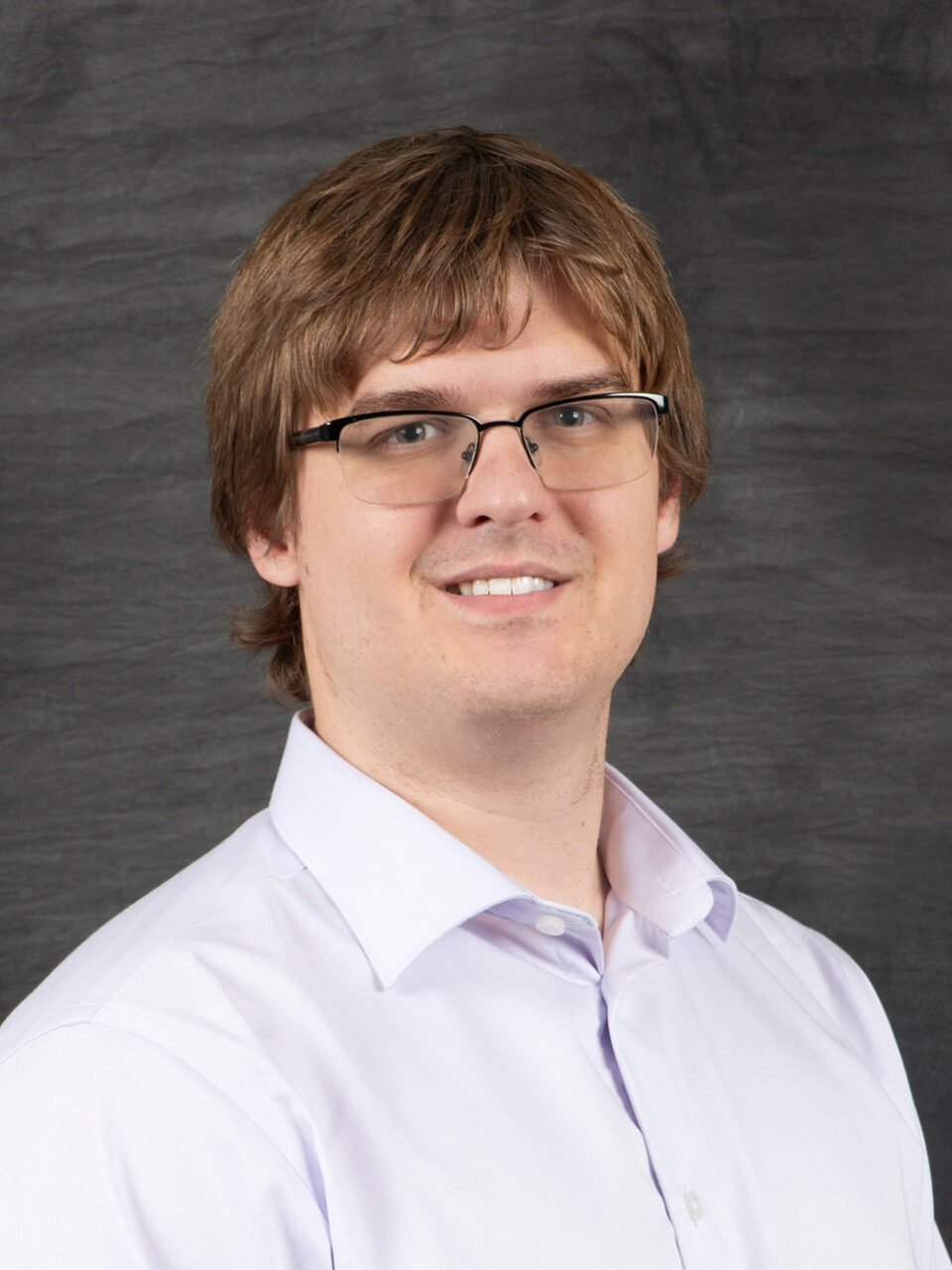
Roy Pillers PhD
Assistant Professor of Engineering
Engineering News
-
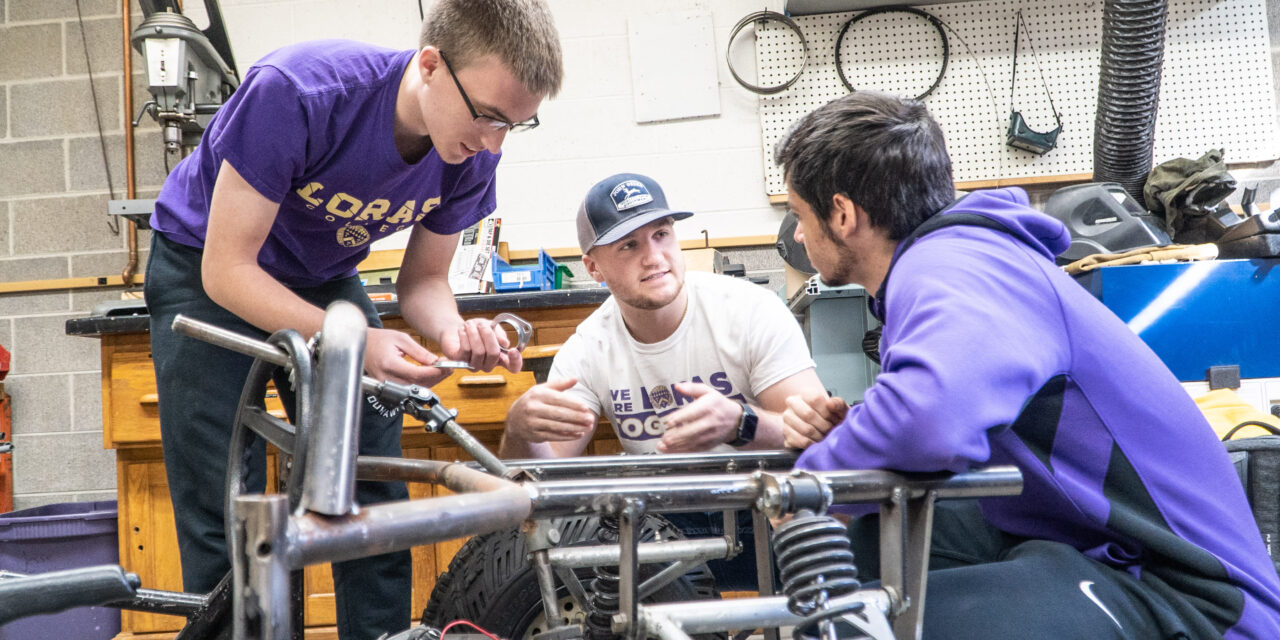
Fast Track to Innovation with Loras College’s Racing Club
Feel the pulse of innovation and ambition as we gear up with the Loras College Racing Club team, a dynamic group of students whose dreams revolve around the revving engines and the checkered flags of motorsport. Today, JJ, Cam, Jacob, and Jake take us on a thrilling ride through their educational pursuits, from the classrooms of mechanical engineering and computer science right onto the gritty tracks of the Baja SAE project. More
-
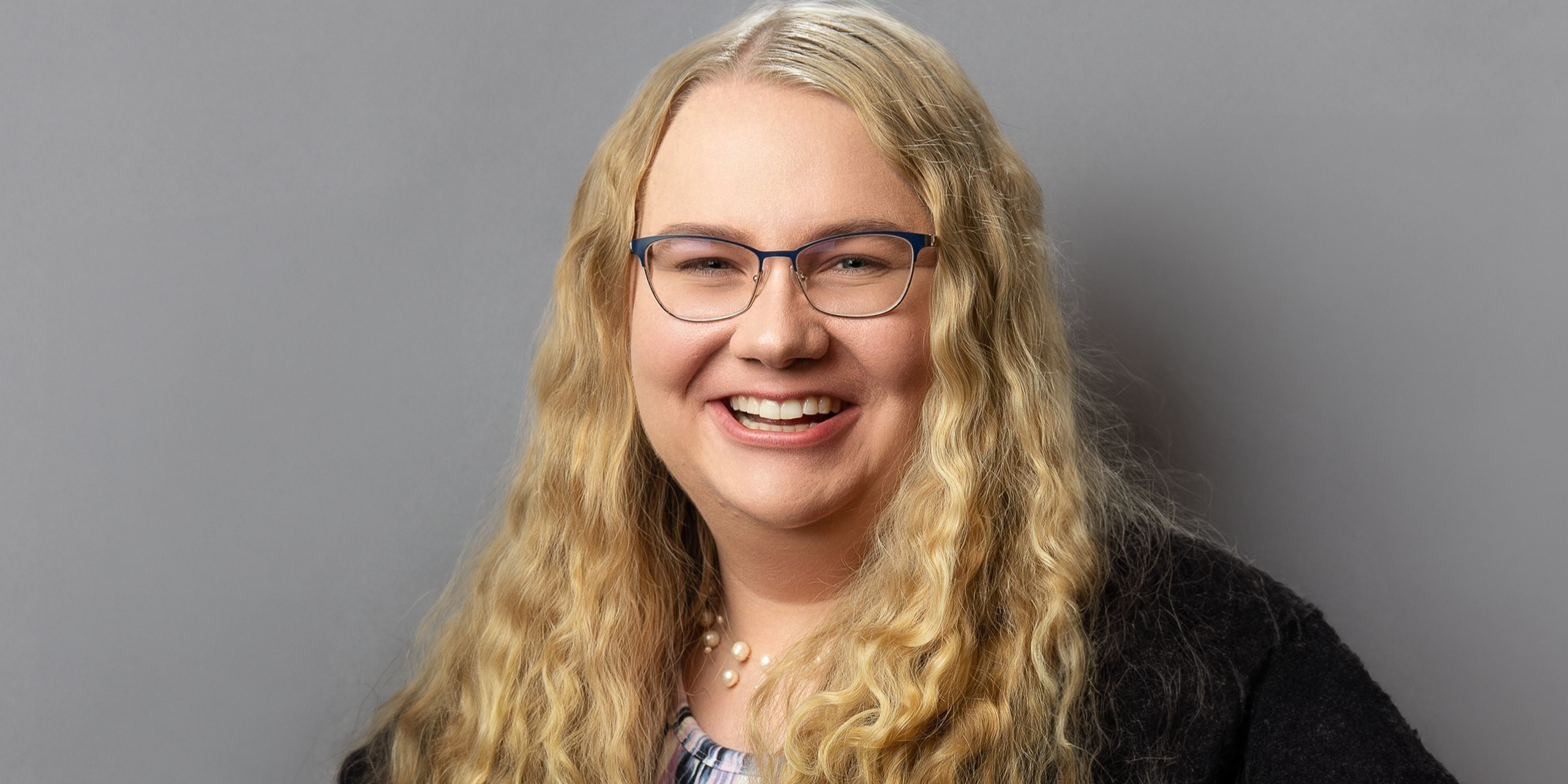
Worldwide Duhawk
Jeanie Kasper (’19) approaches everything with an open mindset. Whether it’s joining clubs, pursuing her education, or advancing in her career, she views each endeavor as an opportunity for personal growth and positive impact. “Ultimately, I chose organizations and groups [at Loras] that allowed me to engage with the community, learn new things, or enhance my skill set.” This forward-thinking approach has earned her the title of our August Duhawk Dozen recipient! More
-
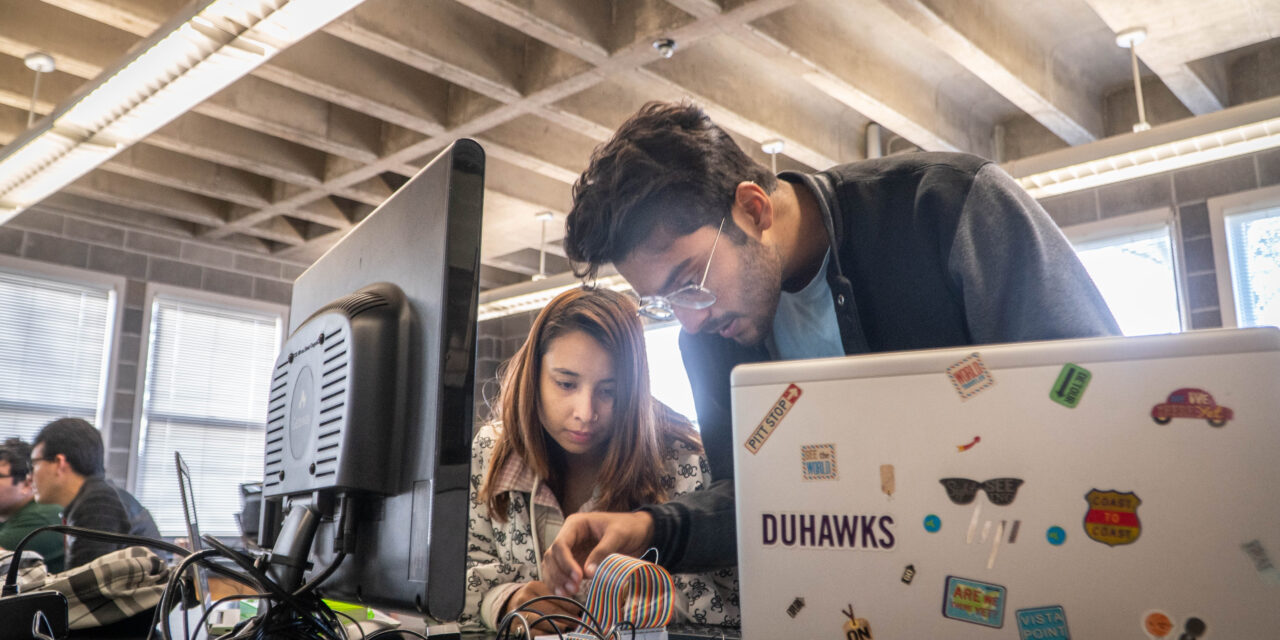
Engineering Awarded $155K Grant for Facilities Upgrades
Loras College announced it was awarded a $155,000 grant from the Roy J. Carver Charitable Trust to benefit students and faculty of the engineering program. More

